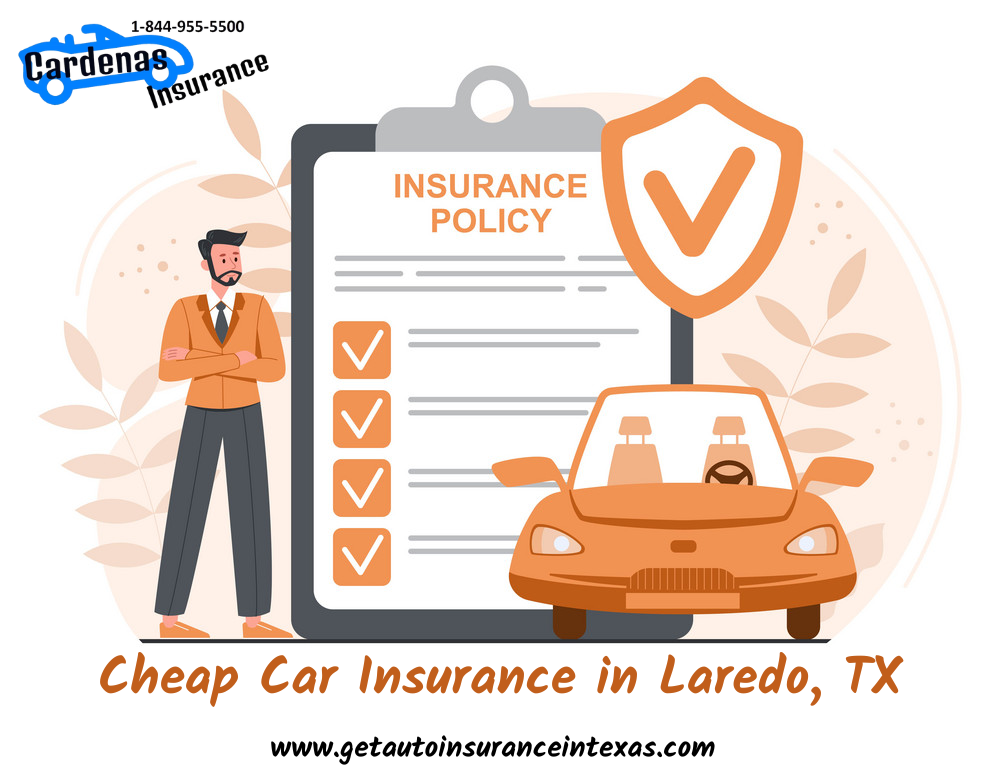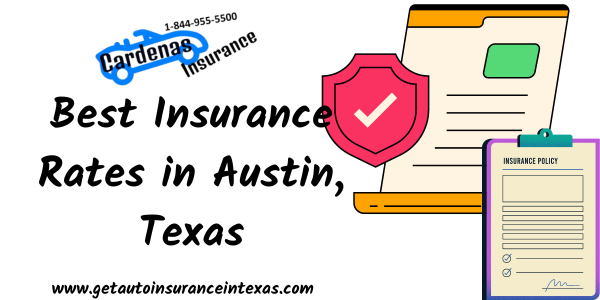
Car Insurance Quotes in Victoria, TX: Finding the Best Car Insurance Quote in Just a Few Steps
Finding the right car insurance company can be a daunting process. With so many companies offering car insurance in Victoria, TX, it can be difficult to know where to start. This article is intended to help you find car insurance quotes in Victoria, TX, quickly and easily. Keep reading for information on specific topics concerning auto insurance in Victoria, TX, such as auto insurance rates, types of coverage, and more. Cheap Car Insurance Isn’t Always the Best Deal… Find Comprehensive Coverage That Offers More For Less
What Is Car Insurance?
When you go to get car insurance in Victoria, TX, you are actually getting a variety of insurance services. The main types of car insurance in Victoria include liability insurance, theft and collision coverage, and uninsured/underinsured motorist coverage. Additional coverage may be available for things like uninsured motorists and underinsured/uninsured vehicles. Liability insurance protects you and your car from lawsuits that may occur from injuries sustained in an accident. This part of the policy will indicate the maximum amount you are responsible for. Collision coverage helps pay for your deductible if you get in a car accident and the other person’s car is deemed a total loss. Coverage for theft is taken out to protect your car from theft. If someone is trying to get into your car without permission, this coverage will help you get your car back. Uninsured/underinsured motorist coverage helps pay for medical expenses and/or damages if you get hit by someone who doesn’t have insurance.
What Does Good Car Insurance Cover?
While there are many aspects you should look at when choosing a car insurance company, there are four basic aspects of any car insurance policy that you should look at. These are Bodily injury, Property damage, Medical expense, and Automobile liability. Bodily injury: This covers medical expenses and damages if a person is injured in a car accident, such as surgery, hospital bills, and a range of other related expenses. Property damage: Another key aspect of car insurance is property damage. This will help reimburse you for any damages, including fixing your car if it is totaled in a car accident. Medical expense: This type of coverage covers medical expenses for you and others involved in car accidents. It does not cover the cost of transportation to the hospital. Automobile liability: This type of coverage protects you if someone is injured on your property or if someone is injured in a car accident and it is your fault.
Understanding Car Insurance Requirements
When you are shopping for car insurance, it’s helpful to understand what the different types of coverage are, and how they differ. Here are a few different types of coverage that you may find in a Victoria car insurance policy. collision – This coverage pays for damage to your car if you get in an accident. – This coverage pays for damage to your car if you get in an accident. comprehensive – This covers both damage to your car and injury to you or others in an accident. It doesn’t matter who is at fault. – This covers both damage to your car and injury to you or others in an accident. It doesn’t matter who is at fault. medical expense – This coverage helps pay for any medical expenses associated with an accident, regardless of who is at fault. – This coverage helps pay for any medical expenses associated with an accident, regardless of who is at fault. uninsured/underinsured motorists – This coverage helps pay for damages and medical expenses if an accident occurs with a driver who does not have insurance. – This coverage helps pay for damages and medical expenses if an accident occurs with a driver who does not have insurance. personal injury protection (PIP) – This type of coverage is usually optional and comes as part of your auto insurance policy. It covers 100% of your medical expenses and 90% of your property damage if you get in a car accident.
Different Types of Coverage
Collision: Your collision coverage pays for the damage to the other car, as well as the other car’s repairs. Your collision coverage pays for the damage to the other car, as well as the other car’s repairs. Comprehensive: Comprehensive coverage helps pay for both the damage to your car and any injuries associated with an accident. Comprehensive coverage helps pay for both the damage to your car and any injuries associated with an accident. Medical expense: This coverage pays for your medical expenses and those of others involved in an accident, regardless of who is at fault. This coverage pays for your medical expenses and those of others involved in an accident, regardless of who is at fault. Uninsured/underinsured motorists: This coverage helps pay for damages and medical expenses if a third party is injured in an accident and has no insurance. This coverage helps pay for damages and medical expenses if a third party is injured in an accident and has no insurance. PIP: This coverage is usually optional and comes as part of your auto insurance policy. It covers 100% of your medical expenses and 90% of your property damage if you get in an accident.
Finding the Best Auto Insurance Rate Is More Than Just Numbers
No matter what you do, you can’t save money by shopping around for the cheapest car insurance or even by comparing rates from a specific company. The best way to get the lowest car insurance is to determine your auto insurance rate and then shop around for the cheapest option. You will get a much better deal if you shop around for a lower rate than if you just shop around for the cheapest company. You want to make sure you shop for the best coverage, change your driving record, and shop around for a lower rate. If possible, drop your rate by 10% or more. You need to shop around for the best rate, even if you have a good credit rating and no problems on your driving record. The reason is that you may be eligible for a better rate by staying under the deductible. Simply comparing rates may not yield the best rates because rates change all the time, and you may be charged more simply because you switched companies. When shopping around, compare rate by comparing coverage and price.
Other Tips and Advice
– Make sure your car insurance company is licensed to do business in your state. You can check with the Secretary of Commerce in your state to make sure your car insurance company is licensed to do business in your state. – Make sure your car insurance agent gives you a thorough explanation of the terms and conditions of your policy and how it will apply to you. You can ask your agent for an itemized schedule of what is covered and what is not. – Make sure you understand your deductible before you sign up for a lower deductible. If you choose a lower deductible, make sure you fully understand what it will cost you if you are hit by a car without insurance or hit by a car with an underinsured driver. – Make sure you understand what is covered and what is not covered. Ask your agent questions, such as “Does this cover damage to my car if I am in an accident?” – Make sure you have comprehensive and collision coverage. These are not optional and you should be charged a higher rate if you don’t have them.
Wrapping Up: Should you update your auto insurance in Victoria, TX?
Finding affordable car insurance in Victoria, TX can be difficult, but it doesn’t have to be. You just need to do a little research and shop around for the best rates. Many people assume that the best rates will be the most expensive rates, but this isn’t always the case. You can find affordable car insurance if you shop around and are willing to negotiate with the company.



